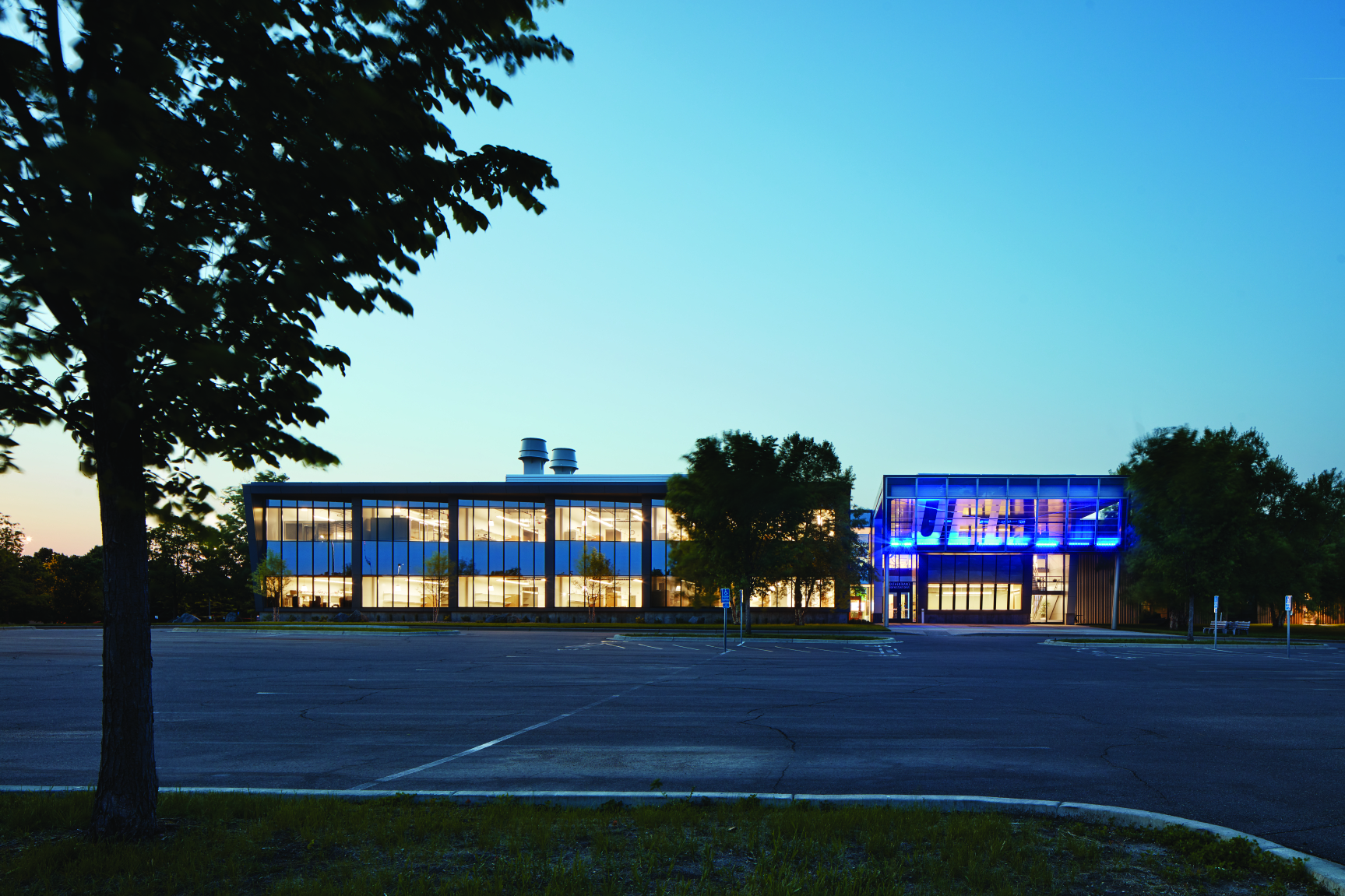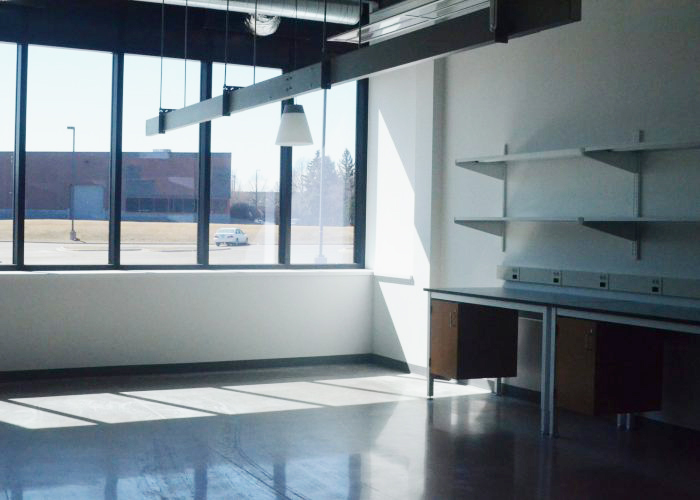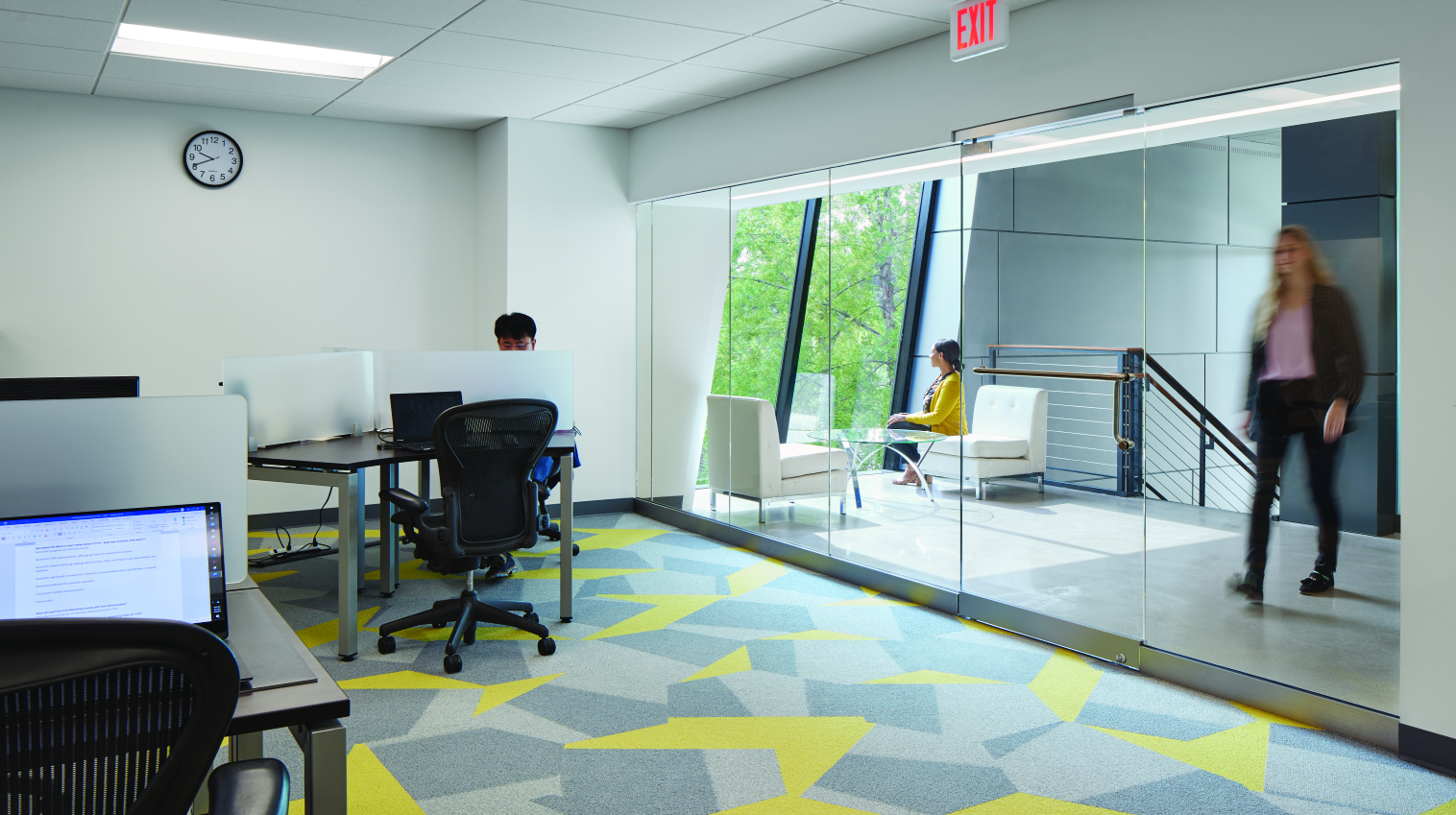For biotech startups, finding the right lab space is a bit like setting up a complex experiment: it requires precision, foresight, and a bit of trial and error. Unlike more abundant commercial spaces, lab facilities are a niche market with a higher price tag, making the quest both challenging and critical.
Understanding the building’s technical needs for a lab is step one. With this checklist, you can confidently decide whether to collaborate with a real estate expert or to venture out solo to secure your space. Keep in mind, though, that move-in-ready lab spaces are like unicorns – rare and hard to find. Hence, knowing how to select reliable service providers is crucial to avoid overspending on getting the space up to snuff.

Crafting Your Lab Space Blueprint
When it’s time to scale up your lab, figuring out the immediate space requirement is the easy part. But peering into the future to estimate how much space you’ll need in the next decade is where it gets tricky. Whether you’re eyeing a lease or planning to purchase, you’ll need to ponder your space needs meticulously, especially because the standard lease usually locks you in for five years or more.
Space planning is not just about square footage; it’s about envisioning the day-to-day workflow, the equipment that’ll fill the rooms, and the scientists who’ll bring the space to life. A general rule of them is to allocate 200 to 400 square feet to each team member, but this is just a starting point.
Choosing the right amount of space is a balancing act:
No single approach is foolproof; each carries its own set of challenges, from operational disruption to underutilized space or outgrowing your confines too soon.
Pay Attention to More Than Just the Layout
The idea building for lab goes beyond floor space. It’s about:
- Electrical Infrastructure: The power needs of a biotech lab are significant, with equipment like -80C freezers demanding high amperage to sustain their arctic conditions. It’s essential to conduct a thorough inventory of your equipment, noting down the voltage and amperage of each to ensure that your facility’s electrical infrastructure can support your current requirements, as well as any future acquisitions. Consider the unexpected, such as the additional of new technology or scaling up existing equipment, and a plan for an electrical supply that can handle more than your estimated load, ensuring that your research never skips a beat.
- Advanced Plumbing Systems: The veins of your lab’s plumbing system must be capable of supporting a steady flow of water to various research stations without hiccups. In spaces with concrete substrates, the cost and complexity of plumbing renovations can escalate quickly, so it’s prudent to seek spaces with existing water access points. Furthermore, consider the needs for specialized plumbing solutions, such as deionized water systems or waste neutralizing systems, which are often integral to biotech research operations.
- Sophisticated HVAC Solutions: The right HVAC system does more than just maintain a comfortable temperature; it safeguards the integrity of your research. Advanced filtration systems are essential to achieve the air purity required for sensitive experiments, maintaining particulate-free environments that meet or exceed ISO standards. Similarly, the capacity to manage positive or negative pressure environments is a must for labs handling volatile organics or cultivating sterile cultures, respectively. The HVAC system should be robust and adaptable to accommodate the diverse and dynamic needs of a thriving biotech lab.
- Compliant Zoning and Location: Zoning laws are the rulebook that determines whether your lab can legally operate in a chosen location. Navigating these regulations is more than a bureaucratic hurdle; it’s about ensuring that your lab’s activities are harmonious with municipal plans and community safety. Before falling in love with a space, confirm that it’s zoned for biotechnological use and consider the implications of the location – proximity to collaborative institutions, accessibility for employees, and potential for expansion should all be a part of your strategic site selection.
In your quest for ideal lab space, it’s these intricacies that will dictate the functionality and future-proofing of your facility. Attend to these details as much as you care as you would for your most crucial experiments, and you will lay a solid foundation for innovation and discovery.
Crafting Your Vision
As you approach the final stages of securing your lab spaces, embrace the reality that perfection is a process, not a starting point. Your initial walkthroughs are likely to reveal spaces that are diamonds in the rough, brimming with potential yet require a visionary’s touch.
Seek a relationship who is more of a partner than a proprietor, one who understands and supports the unique needs of a biotech enterprise. Their flexibility and willingness to accommodate the specialized modifications your lab requires can be as valuable as the space itself. Remember, any investment you make in refurbishing is an investment in your company’s future, setting the stage for discoveries yet to come.
In your quest for the ideal lab space, patience and strategic planning are your most reliable tools. With a keen eye for potential and a clear vision for the future, you’re not just finding a new location for your operations – you’re laying the groundwork for the next chapter of your biotech venture’s journey. Here’s to forging a space that not only houses your current ambitions but also become a launchpad for the breakthroughs and successes that define tomorrow’s biotech landscape.



